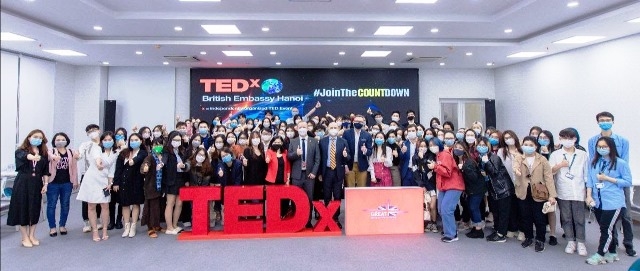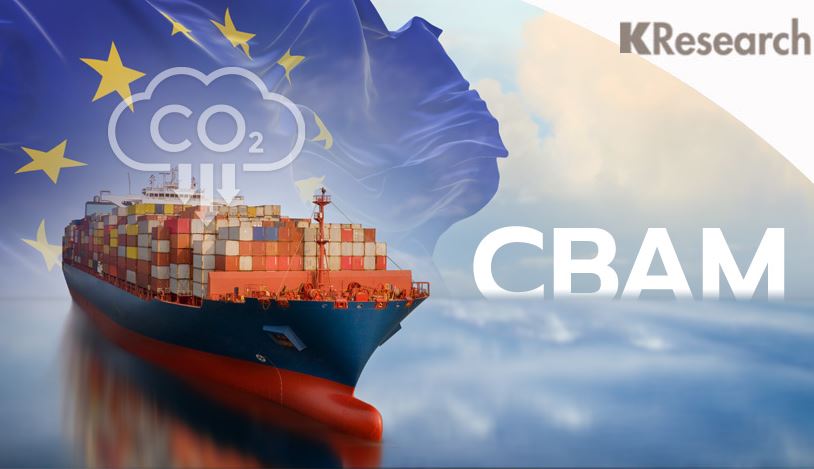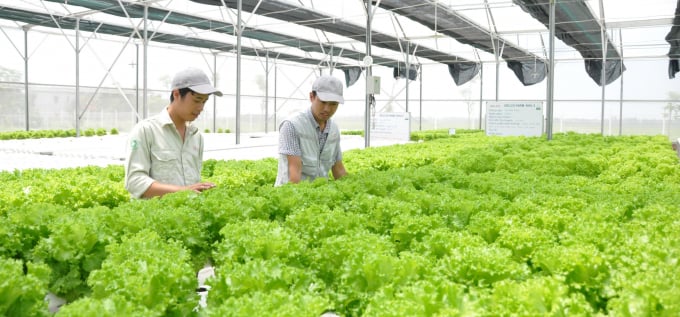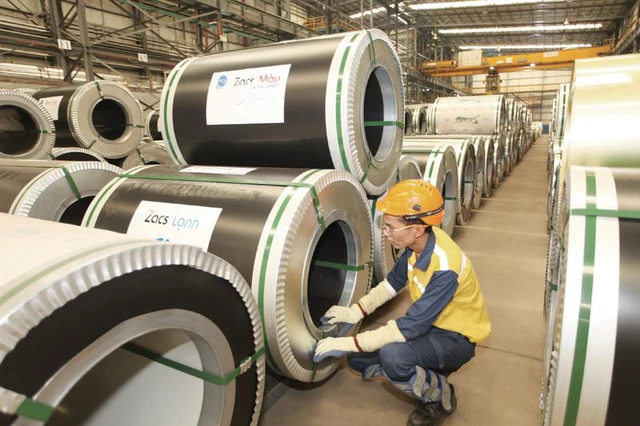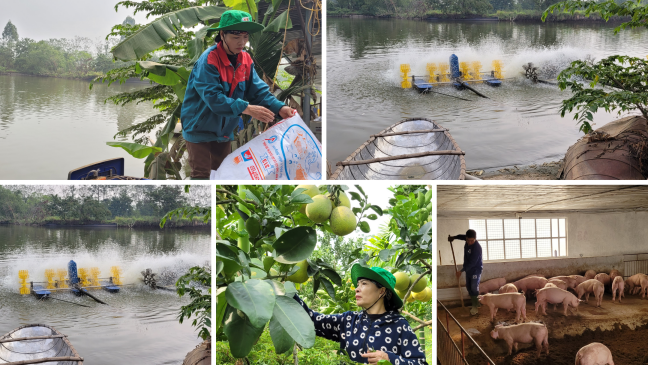Share
RELATED POSTS
European union (EU) has officially kicked off the process gave the carbon tax for imported goods. This move is expected to contribute to accelerate the green transformation of the world, but also poses no less of a challenge for countries in the EU market access wider with more than 500 million people.
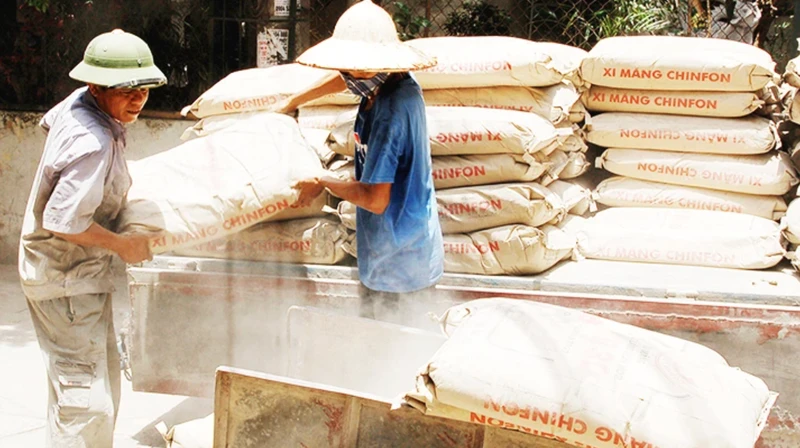
According to The mechanism of adjustment of border carbon (CBAM), goods exported to the EU market will be taxed carbon based on the intensity of greenhouse gas emissions in the production process in the host country. During the transition period, starting from the beginning of the month 10/2023, CBAM apply to items that have emissions carbon, including cement, iron, steel, aluminum, fertilizer, power and hydrogen gas.
The importers of the EU in the areas mentioned above must monitor and report the amount of carbon emissions in the production process of goods, but not have to pay any fees at this stage. The transition period allows the European Commission (EC) collect information to prepare for stage apply CBAM next, is scheduled to begin in 2026.
During the transition period, starting from the beginning of the month 10/2023, CBAM apply to items that have emissions carbon, including cement, iron, steel, aluminum, fertilizer, power and hydrogen gas.
Since that time, the importers will have to buy emission certificates CBAM if emissions in the production process of goods exceeds the standards of the block.
CBAM is the landmark of the EU in order to prevent leakage of carbon, which is also one of the pillars in the agenda 55 full ambition of the EU to cut 55% emissions net of blocks in 2030 compared to the level of 1990.
Commissioner in charge of the economic problems of the EU, Paolo Gentiloni stressed, CBAM prevent the condition from the manufacturer in Europe move manufacturing activities to countries with environmental standards lower.
Is the first in the world gave carbon tax for imported goods, CBAM is considered a litmus test important to see whether the pricing carbon can be set up around the world as part of an effort to curb global warming or not.
Due to the regulations on carbon tax for goods imported into the EU, businesses in countries outside the EU must take measures and shared responsibility in reducing emissions, or pay tax emissions before exporting goods to the EU market. In addition, the CBAM is expected to motivate development carbon market young in many countries around the world.
However, CBAM also poses challenges for countries in access to the EU market. Report of research institutions Carnegie Europe, said the trade partner of the EU's top as British, Us, Turkish, Indian, Korean... would be subject to more impact from the implementation of CBAM.
The expert said that the home directory of the Uk may have to pay hundreds of millions of DOLLARS in carbon tax for the EU in the next decade by the price of emissions was lower than 50% level of the EU. Tax policies carbon of the EU apply the penalty for countries with cost of carbon significantly lower than this volume. So, the price of emissions of reduced means the home directory of the Uk will be subject to tax carbon of the EU when this tax in effect in the year 2026.
Meanwhile, the Department of trade Negotiations Thailand also clearly stated, the Thai business might not yet ready to meet the requirements in the framework of CBAM. According to the head of the Department of trade Negotiations Thailand Auramon Supthaweethum, though no charges parallel phase transition also poses big challenges, so businesses often lack the technology solutions necessary to determine the amount of carbon emissions.
“CBAM not trade protection, which is protection mechanism ambitious climate of the EU.”
Commissioner Paolo Gentiloni
Face the mixed opinions about the EU pressure carbon tax for imported goods, the Commissioner Paolo Gentiloni confirmed, CBAM not trade protection, which is protection mechanism ambitious climate of the EU. According to mr. Gentiloni, not only bring benefits for the union of 27 members, CBAM also contribute to raising the level of ambition on climate around the world.
To help the EU importers and facilities outside the EU implemented the new rules, the EC also provide detailed instructions written training material online, tables, information specific to the industry and checklist step by step to support the business.
World experts to identify next time, not only the EU, but many other markets will also apply strict policy of environmental protection with respect to imported products, by the production of green is becoming the inevitable trend of the world. This is the challenge, but also the motivation and opportunity to the country early build and apply mechanisms to price carbon, gradually replace traditional energy energy cleansing, apply recovery technology, reducing carbon emissions, towards sustainable growth.
Source: nhandan.vn





